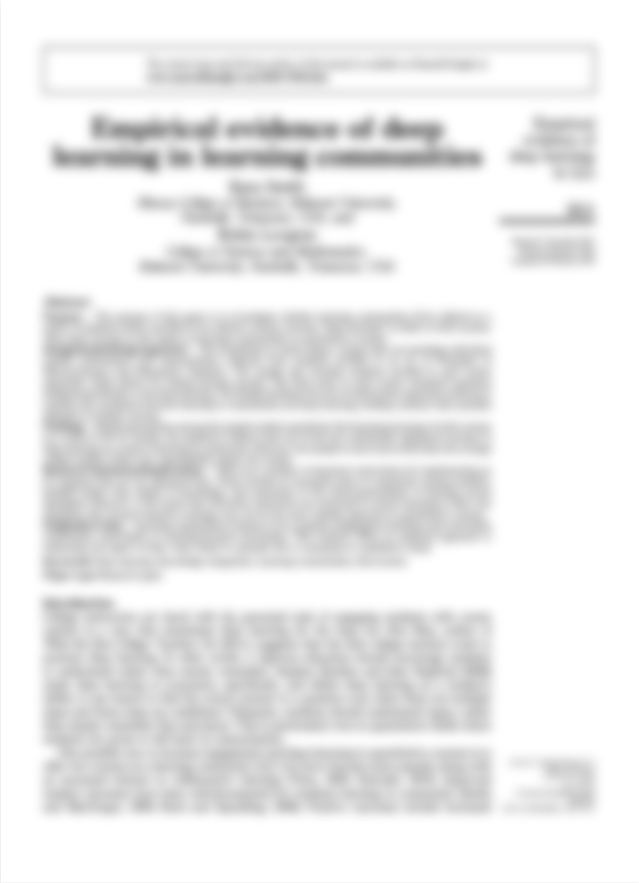HOTEL FOR WOMEN ONLY: The Martha Washington Soon To Be Opened in New York
Special Dispatch to the Baltimore Sun.
The Sun (1837-); Baltimore, Md.. 05 Feb 1903: 5.
You might have access to the full article...
Try and log in through your library or institution to see if they have access to the full text.





